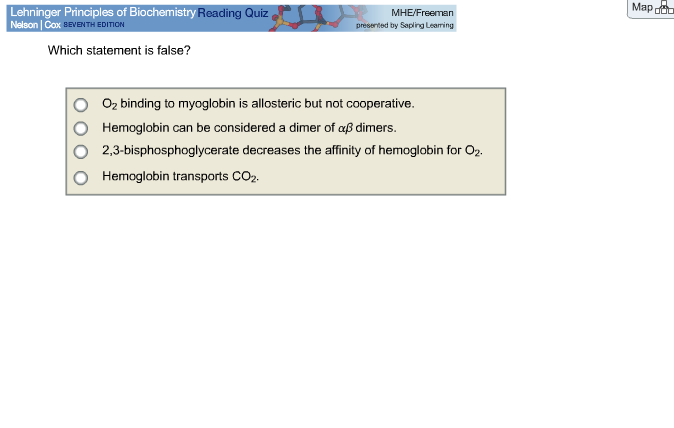Solutions Manual For Lehninger Principles Of Biochemistry
Lehninger principles of biochemistry 5th edition solutions manual. 1. LEHNINGER PRINCIPLES OF BIOCHEMISTRY 5TH EDITION SOLUTIONS MANUAL HYWZMWBKTQ PDF 104 Pages 541.84 KB 28 Nov, 2013 COPYRIGHT © 2015, ALL RIGHT RESERVED Save this Book to Read lehninger principles of biochemistry 5th edition solutions manual PDF eBook at our Online Library. Get lehninger principles of biochemistry 5th edition solutions manual PDF file PDF file: lehninger principles of biochemistry 5th edition solutions manual Page: 1. LEHNINGER PRINCIPLES OF BIOCHEMISTRY 5TH EDITION SOLUTIONS MANUAL This LEHNINGER PRINCIPLES OF BIOCHEMISTRY 5TH EDITION SOLUTIONS MANUAL Pdf file begin with Intro, Brief Session up until the Index/Glossary page, read the table of content for more information, if presented. It'll focus on mainly around the above subject in conjunction with further information related to it.
As per our index, this particular PDF document shows up as HYWZMWBKTQ, actually released in 28 Nov, 2013 and thus take about 541.84 data size. Alongside the present subject that you are currently searching for, we also provide a huge amount of other pdf which provides coverage for many different area of interest and topic. Begin from college or university textbook, journal, etc as well as an extensive listing of product instruction manual that is features many various form of product from various reliable brand name. Take advantage of related PDF section to discover several other applicable eBook for LEHNINGER PRINCIPLES OF BIOCHEMISTRY 5TH EDITION SOLUTIONS MANUAL, in case you didn't find your desired subject. It is include the most recent as well as related subject prior to your search. With additional data files and alternative offered we hope our readers can get what they are truly searching for. Save this Book to Read lehninger principles of biochemistry 5th edition solutions manual PDF eBook at our Online Library.
Lehninger Principles of Biochemistry is #1 bestseller for the introductory biochemistry course because it brings clarity and coherence to an often unwieldy discipline, offering a thoroughly updated survey of biochemistry's enduring principles, definitive discoveries, and groundbreaking new advances with each edition. This new Seventh Edition maintains the qualities that have distinguished the text since Albert Lehninger's original edition-clear writing, careful explanations of difficult concepts, helpful problem-solving support, and insightful communication of contemporary biochemistry's core ideas, new techniques, and pivotal discoveries. Again, David Nelson and Michael Cox introduce students to an extraordinary amount of exciting new findings without an overwhelming amount of extra discussion or detail. And with this edition, W.H. Freeman and Sapling Learning have team up to provide the book's richest, most completely integrated text/media learning experience yet, through an extraordinary new online resource: SaplingPlus. Nelson is Professor in the Department of Biochemistry at the University of Wisconsin, Madison.
He is also the Academic Program Director for university's Institute for Cross-college Biology Education.Michael M. Cox was born in Wilmington, Delaware. After graduating from the University of Delaware in 1974, Cox went to Brandeis University to do his doctoral work with William P. Jencks, and then to Stanford in 1979 for postdoctoral study with I.



Robert Lehman. He moved to the University of Wisconsin-Madison in 1983, and became a full professor of biochemistry in 1992.
Lehninger Biochemistry
His research focuses on recombinational DNA repair processes. In addition to the work on this text, Cox is a co-author of four editions of Lehninger Principles of Biochemistry. He has received awards for both his teaching and his research, including the 1989 Eli Lilly Award in Biological Chemistry, and two major teaching awards from the University of Wisconsin and the University of Wisconsin System. Hobbies include travel, gardening, wine collecting, and assisting in the design of laboratory buildings.'
Comments are closed.